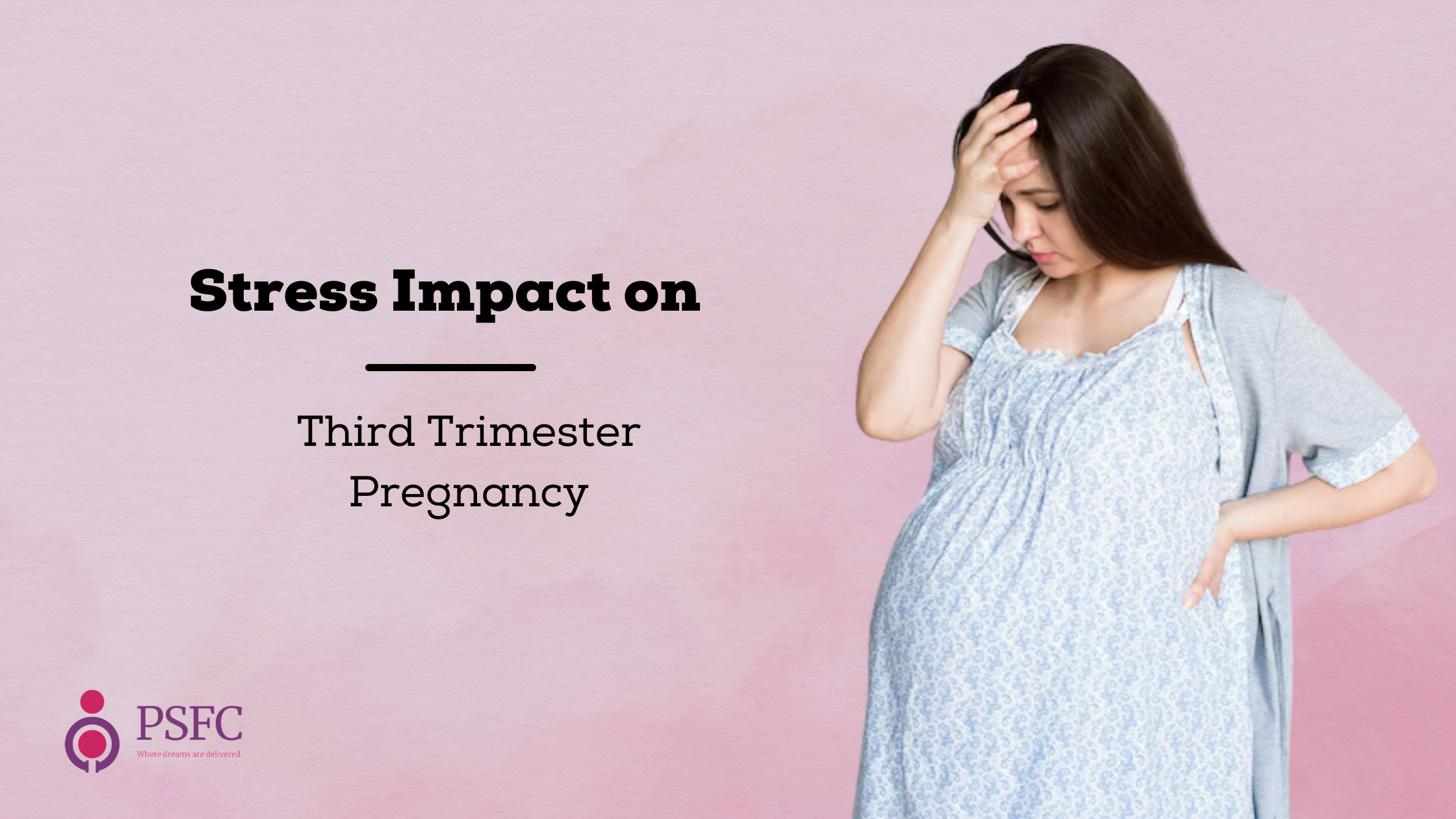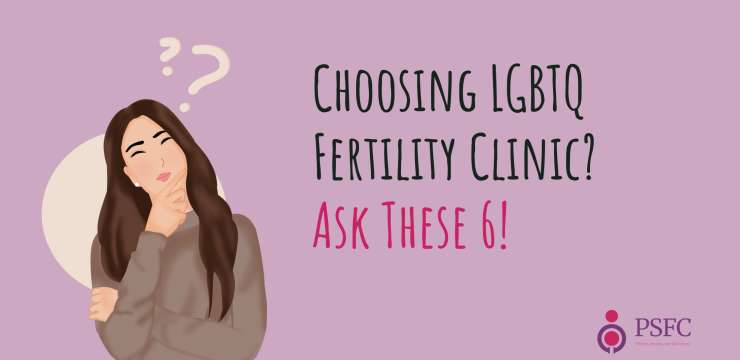How Does Stress Affect Pregnancy in the Third Trimester?
Happy, sad, upset, mood swings and many…….
The amazing journey of pregnancy is filled with a wide range of feelings and experiences. As the due date draws near, there is especially a great deal of excitement and planning throughout the third trimester.
However, it is also a period that can be fraught with stress due to physical discomfort, emotional changes, and the reality of impending parenthood.
Understanding how stress affects pregnancy in the third trimester is essential for expectant mothers to manage their well-being and ensure a healthy pregnancy.
In this article, we will look into how stress affects pregnancy in the third trimester.
Also Read: 5 Exercises For First Trimester Of Pregnancy
What is the Third Trimester in Pregnancy?
The pregnancy in third trimester typically spans from weeks 28 to 40 and is characterized by rapid fetal growth and significant bodily changes. As the baby develops, expectant mothers may experience various third trimester symptoms, including:
Physical Discomfort: As the baby grows, there is increased pressure on the mother’s organs, leading to symptoms like back pain, shortness of breath, and frequent urination.
Sleep Disturbances: Many pregnant women face stress after pregnancy finding it challenging to get a good night’s sleep during this stage due to discomfort and frequent nighttime awakenings.
Emotional Changes: Hormonal fluctuations, combined with the anticipation of childbirth, can lead to mood swings and heightened emotional sensitivity.
Preparation for Birth: The third trimester is often a time for childbirth education classes, finalizing birth plans, and preparing the nursery. This preparation can be both exciting and stressful.
With all these changes happening simultaneously, it’s no surprise that stress can become a significant factor during pregnancy in the third trimester.
How Stress Affects Pregnancy in the Third Trimester
Stress is a natural response to challenging situations, but when experienced in excessive amounts during pregnancy, it can have both physical and psychological effects on the mother and the developing baby. Here’s how stress affects pregnancy, particularly in the third trimester:
Impact on Hormonal Balance
During pregnancy, the body undergoes profound hormonal changes to support fetal development. Stress triggers the release of cortisol, a hormone that can interfere with these changes.
Elevated cortisol levels can significantly affect the baby’s development and potentially lead to preterm labor, low birth weight, and developmental issues after birth.
Increased Risk of Preterm Birth
One of the most concerning effects of stress during the third trimester is the increased risk of preterm birth. High levels of stress hormones can trigger contractions and lead to early labor.
Babies born prematurely may face health challenges, including respiratory issues, underdeveloped organs, and difficulties in regulating body temperature.
Developmental Effects on the Baby
Chronic stress during pregnancy can have long-term effects on the baby’s development. Research suggests that high stress levels can affect the baby’s brain development, leading to potential behavioral and cognitive issues later in life. Additionally, stress can influence the baby’s immune system, making them more susceptible to infections and illnesses.
Exacerbation of Third Trimester Symptoms
Stress can intensify third-trimester symptoms, making them more challenging to manage. For example, stress can exacerbate sleep disturbances, making it harder for the mother to get the rest she needs. It can also increase feelings of fatigue, irritability, and discomfort, creating a cycle where stress leads to worsening symptoms, which in turn increases stress levels.
Impact on Mental Health
Pregnancy is a time when mental health needs careful attention. Stress during the third trimester can increase the risk of developing mental health issues such as anxiety and depression. These conditions can affect the mother’s well-being and her ability to bond with the baby after birth. It’s crucial for expectant mothers to seek support and address any mental health concerns during this time.
Effects on the Labor Process
Stress can impact the labour process itself, potentially leading to complications during delivery. High stress levels can interfere with the natural production of oxytocin, the hormone responsible for contractions. This interference can result in prolonged labour and increase the likelihood of medical interventions such as cesarean sections.
Bonding and Attachment
Chronic stress during pregnancy can affect the mother’s ability to bond with the baby after birth. The stress experienced during the third trimester can linger into the postpartum period, affecting the mother’s emotional state and her ability to form a strong attachment with her newborn. This can have implications for the child’s emotional development and well-being.
Coping with Stress During the Third Trimester
While stress is a natural part of life, there are effective ways to manage it during pregnancy to ensure a healthy and positive experience. Here are some strategies for coping with stress in the third trimester:
Practice Relaxation Techniques
Incorporating relaxation techniques into your daily routine can significantly reduce stress levels. Practices such as deep breathing exercises, meditation, prenatal yoga, and mindfulness can help calm the mind and body. These techniques promote relaxation, reduce anxiety, and improve overall well-being.
Maintain a Healthy Lifestyle
A balanced diet and regular physical activity are essential for managing stress during pregnancy. Eating a variety of nutrient-rich foods supports both the mother’s and baby’s health, while gentle exercises like walking or swimming can boost mood and alleviate discomfort. Staying hydrated and getting enough rest are also crucial components of a healthy lifestyle.
Build a Support System
Surrounding yourself with a supportive network of family, friends, and healthcare professionals can make a significant difference in managing stress. Talking openly about your feelings and concerns can provide emotional relief and reassurance. Consider joining a prenatal support group to connect with other expectant mothers who understand the unique challenges of the third trimester.
Stay Informed
Education can empower expectant mothers and reduce anxiety about the unknown. Attend childbirth classes, read reputable books and articles, and engage with healthcare providers to gain a better understanding of what to expect during the third trimester and labor. Being informed can help alleviate fears and build confidence in your ability to handle the challenges ahead.
Prioritize Self-Care
Taking time for self-care is essential during pregnancy, especially in the third trimester. Whether it’s taking a relaxing bath, enjoying a massage, or spending time doing activities you love, prioritizing self-care can help reduce stress and promote a sense of well-being.
Communicate with Your Partner

Open communication with your partner about your feelings, needs, and concerns can strengthen your relationship and alleviate stress. Sharing responsibilities and discussing birth plans together can foster a sense of teamwork and mutual support.
Seek Professional Help
If stress becomes overwhelming, don’t hesitate to seek professional help. Mental health professionals, such as therapists or counsellors, can provide valuable guidance and support to help you navigate the emotional challenges of the third trimester. Many Fertility Specialists in Chennai specialize in prenatal and postpartum care and can offer customised strategies to manage stress effectively.
Conclusion
Stress is a common experience during pregnancy, particularly in the third trimester, when anticipation and physical changes peak. Understanding how stress affects pregnancy is crucial for expectant mothers to prioritize their well-being and the health of their baby.
Pregnant women can reduce stress and enhance their overall pregnancy experience by adopting effective coping strategies, seeking support, and practicing self-care.
Remember that every pregnancy is unique, and it’s essential to listen to your body and seek help when needed to ensure a healthy and joyful journey to motherhood.
Looking for the best Fertility Treatment in Chennai?
Pearl Singapore is here to help you!




